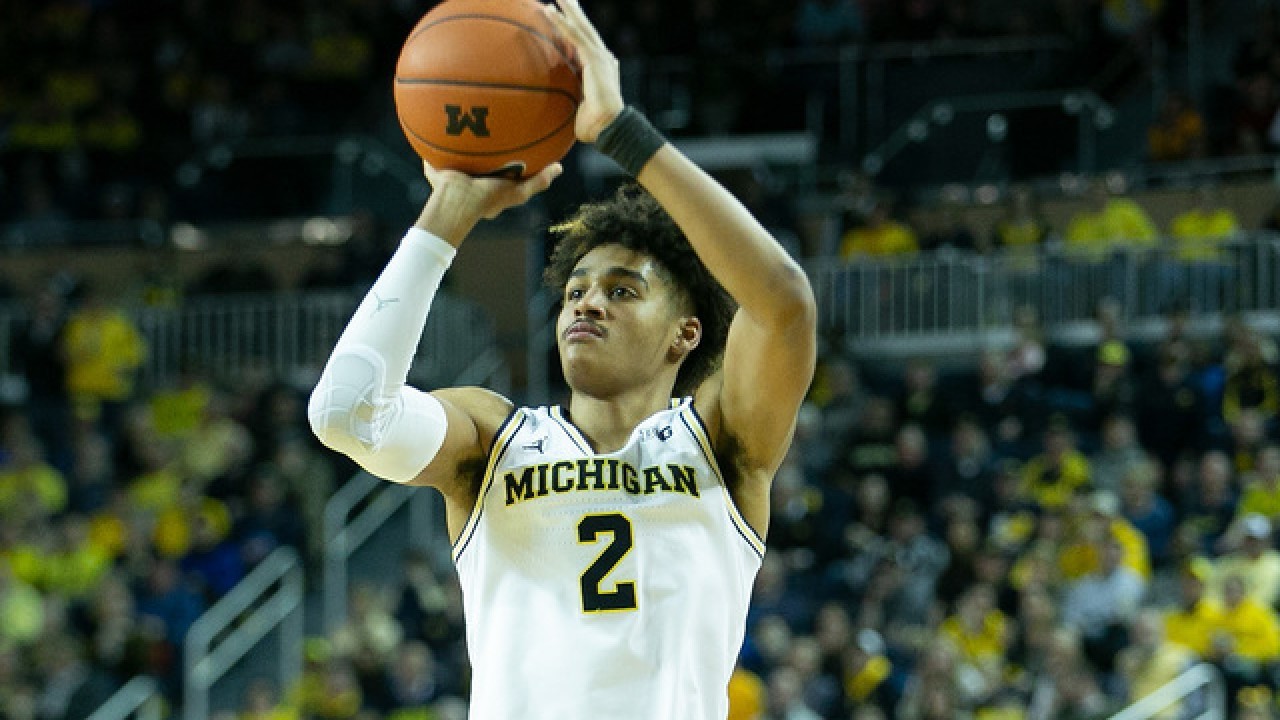After what was a gloomy year in College Basketball with the FBI investigations and matters off the court, the NCAA decided to make a few changes.
On Wednesday, August 8th, the NCAA’s Board of Governors and Division I Board of Directors announced that college athletics, specifically college basketball, is getting a significant rulebook makeover. A lot of these changes are an evolutionary step forward giving more entitlement to the student-athletes.
NCAA president Mark Emmert stated the following on the changes:
“These changes will promote integrity in the game, strengthen accountability and prioritize the interest of student-athletes over every other factor,” “We remain committed to promoting fairness in college sports and creating an environment that will champion the success of student-athletes.
Here are some of the key changes:
- All players who got invited to the NBA combine and did not get drafted have the option to return to their former school.
- Elite prospects at the high school and college level will be allowed to have relationships with agents.
- The NCAA will require all presidents, chancellors, and athletics staff members to contractually comply with all future investigations.
- School presidents and chancellors will be held accountable for their athletic departments abiding by the rules.
- The recruiting calendar got an overhaul giving the coaches more time to meet with recruits and attend special showcases in the months of April and July.
These changes are the first official changes to the NCAA rulebook since last year’s FBI probe. In the fall of 2017, NCAA President Mark Emmert vowed to make changes to college basketball and appointed Condoleezza Rice to lead the committee.
“This week, we delivered on a promise made just months ago to make profound and meaningful changes to college basketball,” the NCAA’s joint leaders said in a statement. “Ultimately these decisions will support the success of the student-athletes both on and off the court.”
While there are still some grey areas that need to be worked out, this a step in the right direction for the NCAA. Dozens of college basketball players each year elect to leave school early in hopes that an NBA team will draft them despite not being NBA-level ready. With the new changes, players can still elect to showcase their talents at the NBA combine, but they can now return to their school and continue playing at the collegiate level if they go undrafted.
As the matter for defining ‘elite prospects,’ the NCAA in conjunction with USA Basketball will be tasked with labeling which prospects are ‘elite.’ College coaches will also be allowed to the NBA Players Association Top 100 Camp each June which gives them more freedom recruiting wise.
With the new rule that holds university presidents and chancellors personally accountable for their programs, this could allow the NCAA subpoena power during future investigations. Ultimately, this could lead to stronger penalties that include longer postseason bans, stricter recruiting regulations, and longer head coach suspensions.



